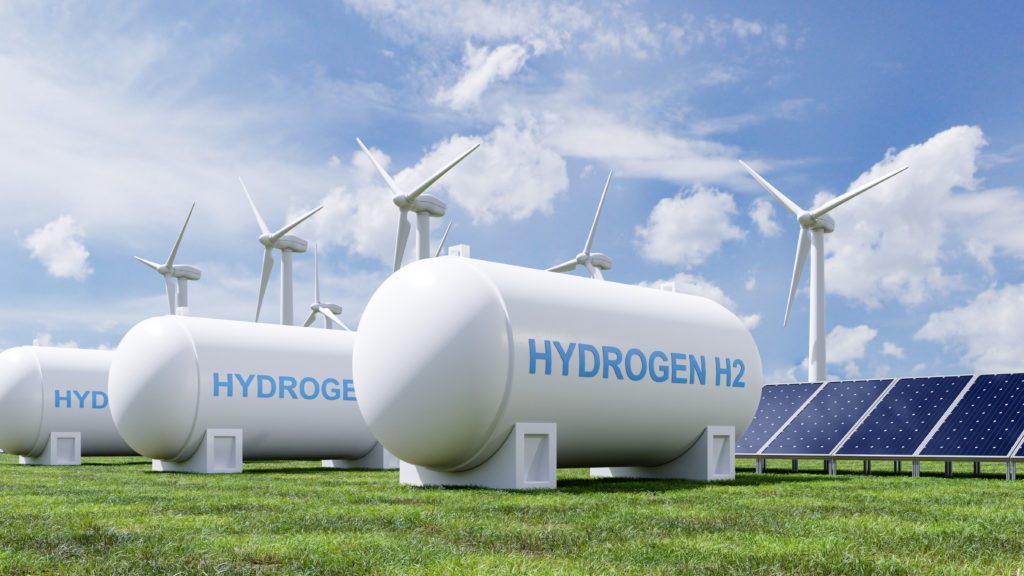Climate Equipment Finance Is New Market Entry Opportunity in Equipment Finance

March 23, 2023
How big the climate equipment finance market can grow is a key question right now, according to Patricia Voorhees from The Alta Group. In a recent article in the Monitor magazine, she explores the market’s evolution and examines immediate opportunities, deal structuring, and the resources lessors will need to participate.
With investment in this area growing, lessors have taken note of recent events that may add to the momentum. They include the Inflation Reduction Act and the Bipartisan Infrastructure Law (BIL); the Glasgow Finance Alliance for Net Zero (GFANZ); and the Energy Transition Accelerator (ETA).
“As power generation inexorably transitions from carbon-intensive to greener, sustainable technologies, the already-immense financing potential for the climate equipment that’s integral to that transition will grow substantially,” Voorhees writes. “There is a sizable pool of investment capital, from public and private sources, that can support production and deployment of renewable energy equipment and associated infrastructure now, and — as newer technologies enter commercialization — that pool will expand to propel future market growth.”
Capital Investment a Necessity
The International Energy Agency estimates that $4.3 trillion annually will be needed through 2030 for all decarbonization technologies, and $300 billion to $500 billion will be required for breakthrough decarbonization technologies.
“The market size also will be shaped by the continuing emergence of renewables and transition from fossil fuels,” Voorhees notes. “By 2030, wind and solar power are expected to increase sixfold, while transportation-related oil demand is expected to decrease by more than 33%.”
She sees immediate opportunities in renewable energy equipment, which includes solar panels and wind turbines. Future development is expected in electrification and distribution infrastructure, hydrogen, bioenergy, and carbon capture, utilization and storage, (CCUS) equipment.
Hefty investments by manufacturers are making electric vehicles and trucks (EVs) and their charging infrastructure a significant growth factor, according to Voorhees. There’s also potential growth in real property, circular economy (reuse, remake and recycling) solutions, and waste reduction equipment and solutions.
Structuring Deals in Key Segments
There are financing formats beyond the time-specific structures that work well with types of equipment and projects, Voorhees writes. For example, the commercial PACE model can fund rooftop solar and other qualifying energy-efficiency equipment. Energy-efficiency-as-a-service, meanwhile, can leverage enhanced credit options.
“New vendor finance opportunities also are emerging for equipment, such as battery storage, and to help existing vendors, such as EV manufacturers, grow their businesses,” she says.
Resources That Lessors Will Need
All the potential climate equipment financing structures will require risk, pricing, underwriting and asset management support, according to Voorhees.
“One support option involves hiring experienced resources,” she writes. “But it’s the most problematic because many of these financing structures are new and, consequently, there is little or no experience available.”
Another option? Partner with new or existing equipment vendors to create structures that appropriately share risks and rewards between the partners. Or lessors can purchase or become minority funding participants in contracts with honorable originators to learn typical structures, pricing and documentation.
The full article was published in the 2023 Monitor Innovation Edition.
Source for this blog is Patricia Voorhees, a director with The Alta Group who focuses on the fintech and sustainable finance markets. With more than 25 years of experience in commercial finance, she advises clients on ESG and climate finance strategy development, creating funding and capital and M&A strategies for related assets and developing strategic alliances. She is chair of the ELFA’s new Climate Financing Working Group.
Get Alta Insights,
written by our advisors delivered to your inbox.
By submitting this form, you are consenting to receive marketing emails from: The Alta Group. You can revoke your consent to receive emails at any time by using the SafeUnsubscribe® link, found at the bottom of every email. Emails are serviced by Constant Contact